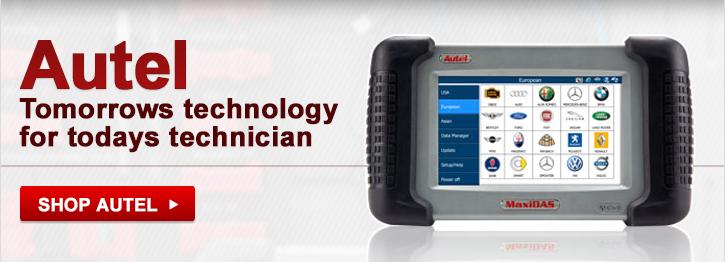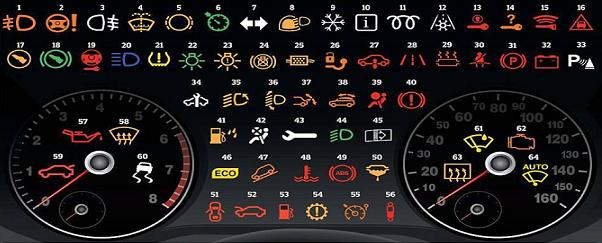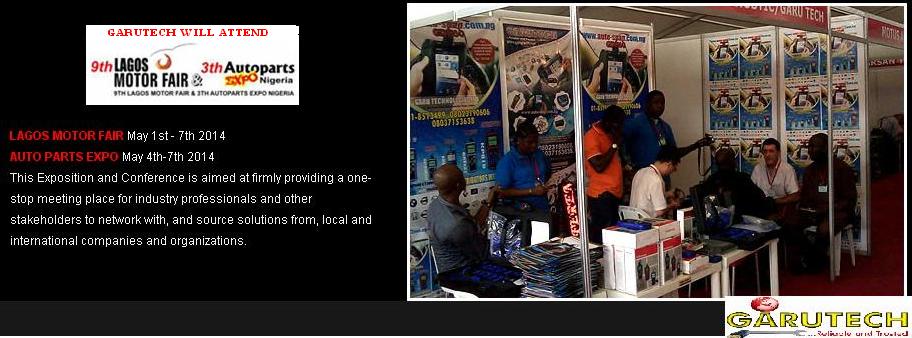All you need to know Concerning tinted vehicle glass – Punch
 The Nigeria Police High Command has observed with concern the unnecessary controversies that have trailed the recent Inspector-General of Police’s announcement on the ban on the indiscriminate use of tinted glass on vehicles plying Nigerian roads.
The Nigeria Police High Command has observed with concern the unnecessary controversies that have trailed the recent Inspector-General of Police’s announcement on the ban on the indiscriminate use of tinted glass on vehicles plying Nigerian roads.
The Force has observed that one of the issues that have generated so much contention and sometimes endless arguments between police officers enforcing the ban on the one hand, and motorists on the other hand, is the contention by some vehicle owners that there is no valid law restricting the use of tinted vehicle glass in Nigeria. Others who claim to be aware of the legal restriction argue that because the tints on their glass are “factory-fitted”, they are under no legal obligation to obtain a permit. Yet, others hinge their arguments and objections on the fact that their car tints are not as dark as others and thus, should be excused from the requirements of obtaining permits.
While some of these arguments may sound persuasive or even plausible, they are unfortunately devoid of any known legal foundation. Nigerian laws are unequivocal in their restrictions on the use of tinted glass vehicle. For instance, Regulation 66(2) of the National Road Traffic Regulations (1997) provides that:
“All glasses fitted to a vehicle shall be clear and transparent to enable persons outside the vehicle to see whoever is inside the vehicle and the glasses shall in no way be tinted except as may be approved by the Inspector-General of Police for security reasons.” (Emphasis mine)
However, it will appear that the most comprehensive legislation on the use of tinted glass car in Nigeria is the Motor Vehicles (Prohibition of Tinted Glass) Act, CAP M21 Laws of the Federation of Nigeria (Formerly Decree No. 6 of 1991).
According to Section 1 (1) of this Act, except with the permission of the “appropriate authority” and for “good cause”, “no person shall cause any glass fitted to a vehicle to be tinted, shaded, coloured lightly or thickly, darkened or treated in any way so as to render obscure or invisible persons or objects inside the car”. Under the Act, it is also an offence to aid, counsel or procure the commission of the offence. From the reading of the law, it is clear that the law made no distinction between manually-fitted tints and factory-fitted tints.
For purposes of the law, “appropriate authority” refers to the Inspector-General of Police or any other person duly delegated by him, while “good cause” means health or security reasons. The implication of the above is that it is only the IGP or any such person or persons duly authorised by him that can issue a tinted glass permit. In addition, such a permit can only be issued on health or security grounds.
Owners of vehicles with tinted glass are therefore mandated by law to seek the authorisation of the IGP before deploying such vehicles on our roads, whether such vehicles came with factory tints or whether the tints were manually fitted. However, by the operation of Section 3 of the Act, such persons – importer, buyer, donee — have 14 days grace, from the date of the purchase of the car or the date of arrival of the car in Nigeria (whichever is applicable) to either remove the tint or obtain the tinted glass permit.
Persons convicted for committing offences under this law are liable to a fine of N2,000 or imprisonment for a term not exceeding six months or both fine and imprisonment. Where the offence is committed by a corporate body, the Police may by the operation of Section 4(2) of the Act, proceed against its director, proprietor, manager, or other senior officers of the organisation.
It must be noted that legal restriction on the use of tinted glass car is not peculiar to Nigeria. There are many countries – both developed and developing — with similar restrictions. The law is designed to promote and protect the collective security of all, through visual transparency. It reduces the chances of persons plying vehicles with opaque glass from ferrying dangerous objects such as explosive devices, arms, ammunition and other incriminating materials undetected from one part of the country to the other. It is also designed to enhance the smooth discharge of police duties, by making the monitoring of motorists easy. It is therefore advisable that persons without good reason to use tinted glass in their cars should refrain from doing so.
In Nigeria at the moment, the decision by the Police High Command to ensure a strict enforcement of the relevant laws prohibiting unauthorised use of tinted glass vehicles on our roads is predicated on the need to effectively tackle contemporary security challenges in the land and ultimately serve the common good of all Nigerians. Intelligence reports and empirical statistics at the disposal of the Police Force indicate that a majority of crimes relating to terrorism, suicide bombing, kidnapping, gun-running, human trafficking, armed robbery and other related offences are committed with the use of vehicles with tinted glass. Perpetrators of these heinous crimes hide under the cover of the tint to ply their nefarious trade. It has therefore become a matter of urgent national security importance that indiscriminate use of vehicles with tinted glass be checked in accordance with our laws.
The good news, however, is that the law authorises the appropriate authority (in this case the IGP) to issue tinted permits to Nigerians on health and security grounds if they are so qualified. Persons desirous of obtaining tinted glass authorisation are advised to follow the following steps:
(a) Write a formal application to the IGP for the use of factory-tinted glass, stating the reason for use, bearing in mind that approval of such an application is predicated on health or security reasons only.
(b) Applications should be accompanied with the following:
(i) Photocopies of all relevant particulars of the vehicle.
(ii) Photograph of the vehicle.
(iii) Profile of the applicant with relevant background information.
(iv) Passport-size photograph of the owner of the vehicle.
(v) Any other supporting document/information that may help to justify the request.
The Police authorities conscious of the fact that some unscrupulous police officers may take advantage of the new regime of enforcement to engage in the harassment and extortion of helpless motorists, have issued strong warnings to all policemen charged with the responsibility of enforcing the law to ensure that they act within the confines of the enabling laws and the Police Code of Conduct at all times. Command Commissioners of Police have been charged to ensure strict supervision of men deployed for these duties while the IGP Monitoring Units have been empowered to arrest and bring to book any officer found acting in a manner inconsistent with his or her oath of office. Police officers are also warned to desist from harassing Nigerians who have already obtained valid tinted glass permits, as provided by the extant laws.
Finally, the Inspector-General of Police calls for the support, understanding and cooperation of all Nigerians, including corporate citizens as the Force embarks on a strict enforcement of the tinted glass laws.
– CSP Mba is the Force Deputy Public Relations Officer
http://www.punchng.com/opinion/concerning-tinted-vehicle-glass-all-you-need-to-know/















One Response
Great stuff! Imagine I was just thinking of tinting the glasses of my Peugeot 406 since ve been seeing it on other cars.
Thank God I came across this site. Dropped the idea already, no get time for all the permit stuff as per naija, den go use fake bills kill person (bribe).
Thanks man once again for this article.